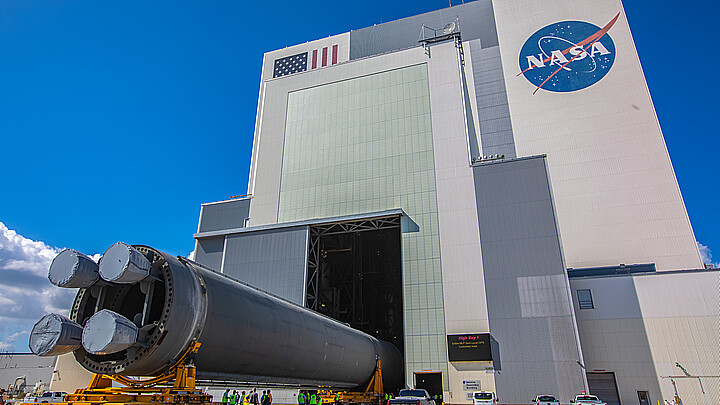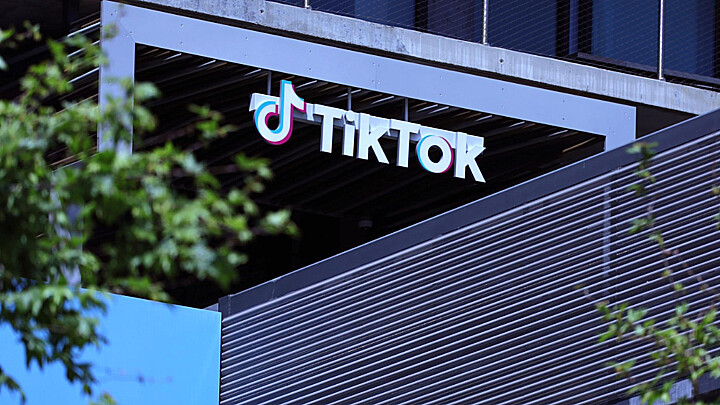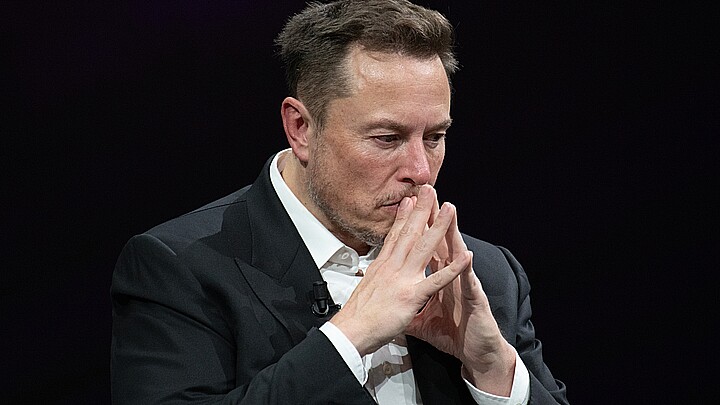Technology
Uber Eats to deploy fleet of food delivery robots
Uber has partnered with Serve Robotics to deploy a fleet of delivery robots in Los Angeles starting early next year.
November 12, 2021 4:03pm
Updated: November 12, 2021 5:47pm
Over the years we’ve seen tablets replace books and streaming services push DVDs off of shelves – but creative destruction really knows no bounds. Starting next year, robots will replace Uber Eats drivers in select Los Angeles markets, thanks to a partnership with Serve Robotics.
"We are moving two-pound burritos in two-ton cars and that doesn't make a lot of sense. It's incredibly inefficient," Serve Robotics co-founder and CEO Ali Kashani told Yahoo Finance.
Kashani hopes that his company’s partnership with the rideshare giant will help tackle labor shortages, which often slow delivery times and leave customers waiting to eat.
"You're experiencing labor shortages right now, it is a known thing. It's always been an issue. But robots are kind of stepping in to help with that, at the same time by removing cars off the street," Kashani said.
Close to half of all food deliveries in the U.S. are within walking distance of customers, and robotic delivery can help food be delivered more quickly while also bringing down costs, the company reported.
The food delivery business is expected to generate $220 billion by 2023, and will continue to grow rapidly, predicted software logistics delivery firm Bringg.
Last quarter, Uber reported earnings that saw delivery grow 97% year-over-year, accounting for $2.2 billion of its $4.8 billion yearly revenue.
But it’s not just about saving on costs. Kashani believes robots will fundamentally change the way consumers purchase goods.
"With robots, you can actually buy your shoes from the local store, support your local businesses, it will show up in three sizes, you will try them on, pick the one that actually fit, put the other two back into the robot and send it back."
He added that the company expects to announce more partnerships in the near future.
"There are 16 states that have already put frameworks in place for sidewalk robots," said Kashani.
Pretty soon, we can expect that robots on the streets will make local delivery more affordable and ultimately more sustainable.










